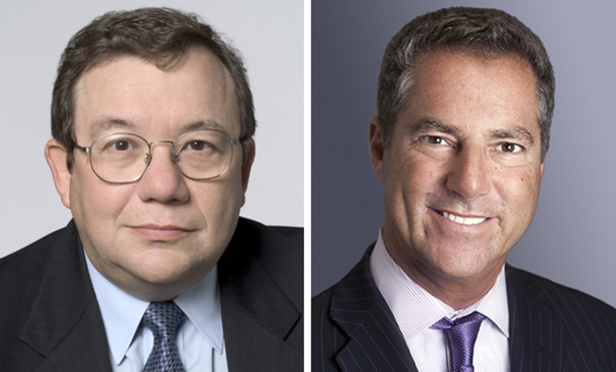This month, we discuss the Second Circuit’s attempt to clarify what types of conduct strip an employee of protection under the National Labor Relations Act (NLRA) as employee speech spreads beyond the physical workplace to social media. On April 21, 2017, the U.S. Court of Appeals for the Second Circuit decided NLRB v. Pier Sixty, 855 F.3d 115 (2d Cir. 2017), affirming a determination by the National Labor Relations Board (the NLRB) that an employee who directed obscenities at an employer over social media did not lose NLRA protections associated with union-related activity. The court recognized that certain conduct could be so “opprobrious” that it loses the protection of the NLRA. Here, the court ruled that the conduct at issue, while “at the outer-bounds” of protected speech, did not cross the line as unduly opprobrious. In so ruling, the court focused on three key factors that informed its analysis, including the fact that the comments were made on social media.
‘Starbucks’
Pier Sixty was the most recent in a series of decisions in which the Second Circuit grappled with how to determine whether speech is so “opprobrious” as to lose NLRA protection. Under §7 of the NLRA, an employee cannot be terminated due to his or her “union-related activity.” An employee can lose that protection, however, for “profane and insubordinate comments” under a four-factor test1 originally established in Atlantic Steel, 245 N.L.R.B. 814, 816 (1979). In NLRB v. Starbucks, 679 F.3d 70 (2d Cir. 2012), a decision authored by Judge Jon O. Newman and joined by Judge Ralph K. Winter, with Judge Robert A. Katzmann concurring, the Second Circuit overruled a decision of the NLRB and held that an employee’s use of obscenity at his workplace, even while ostensibly part of a union protest and while the employee was off duty, nevertheless could constitute the type of “opprobrious” conduct that vitiates the protection of the NLRA. The employee at issue in that case was a barista who worked for Starbucks in 2005 during a hard-fought campaign to unionize Starbucks employees. He was also a vocal union supporter. One day, a number of off-duty Starbucks employees, including the barista in question, went to the Starbucks where they normally worked to protest Starbucks’ policy restricting union paraphernalia. An off-duty manager confronted the barista, who, after a heated exchange, told him to “go f*ck yourself.” Id. at 74. Shortly thereafter, the barista was fired for disrupting business. Subsequently, the NLRB found that Starbucks had committed unfair labor practices, including the barista’s improper discharge.
This content has been archived. It is available through our partners, LexisNexis® and Bloomberg Law.
To view this content, please continue to their sites.
Not a Lexis Subscriber?
Subscribe Now
Not a Bloomberg Law Subscriber?
Subscribe Now
LexisNexis® and Bloomberg Law are third party online distributors of the broad collection of current and archived versions of ALM's legal news publications. LexisNexis® and Bloomberg Law customers are able to access and use ALM's content, including content from the National Law Journal, The American Lawyer, Legaltech News, The New York Law Journal, and Corporate Counsel, as well as other sources of legal information.
For questions call 1-877-256-2472 or contact us at [email protected]



